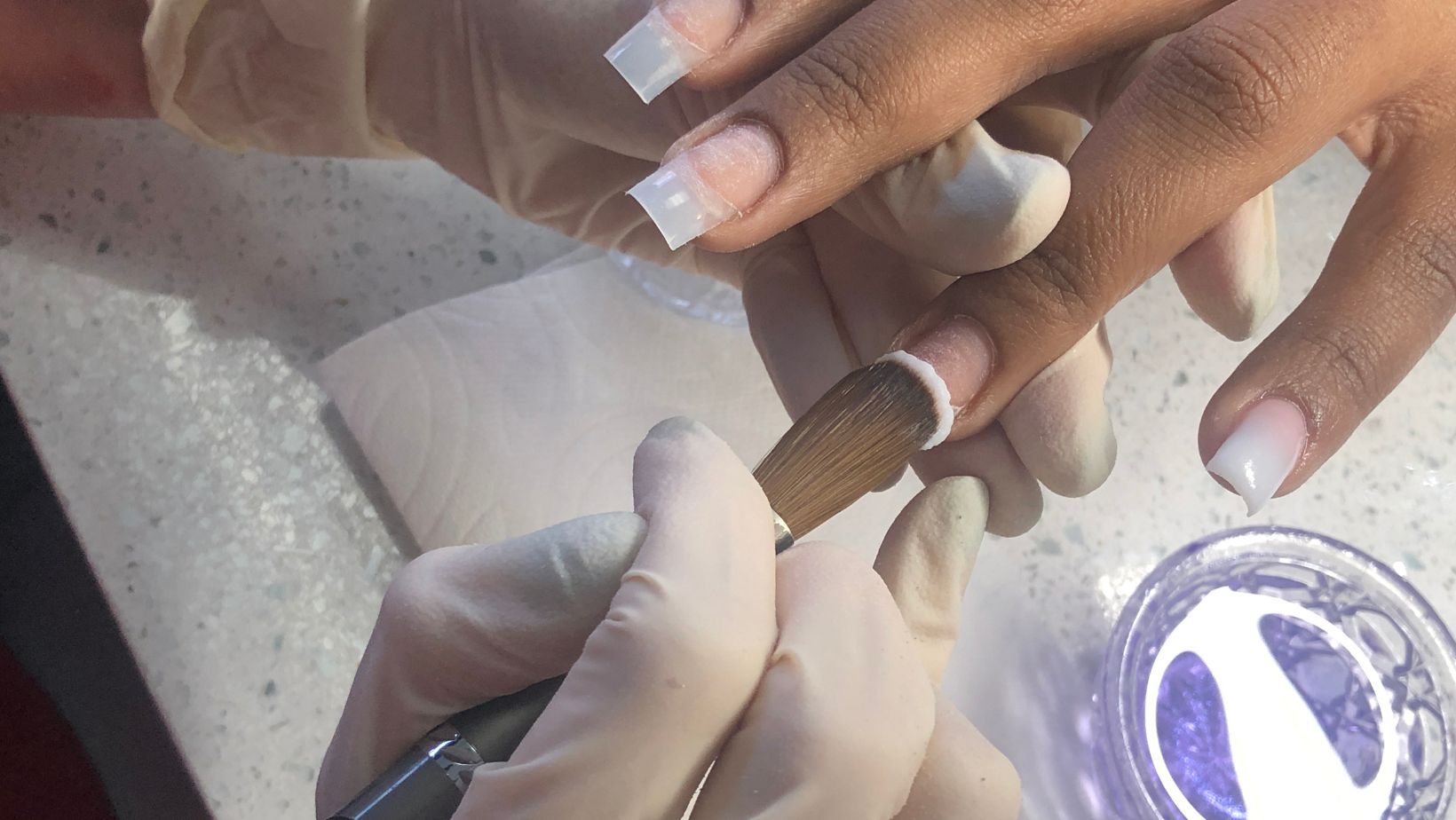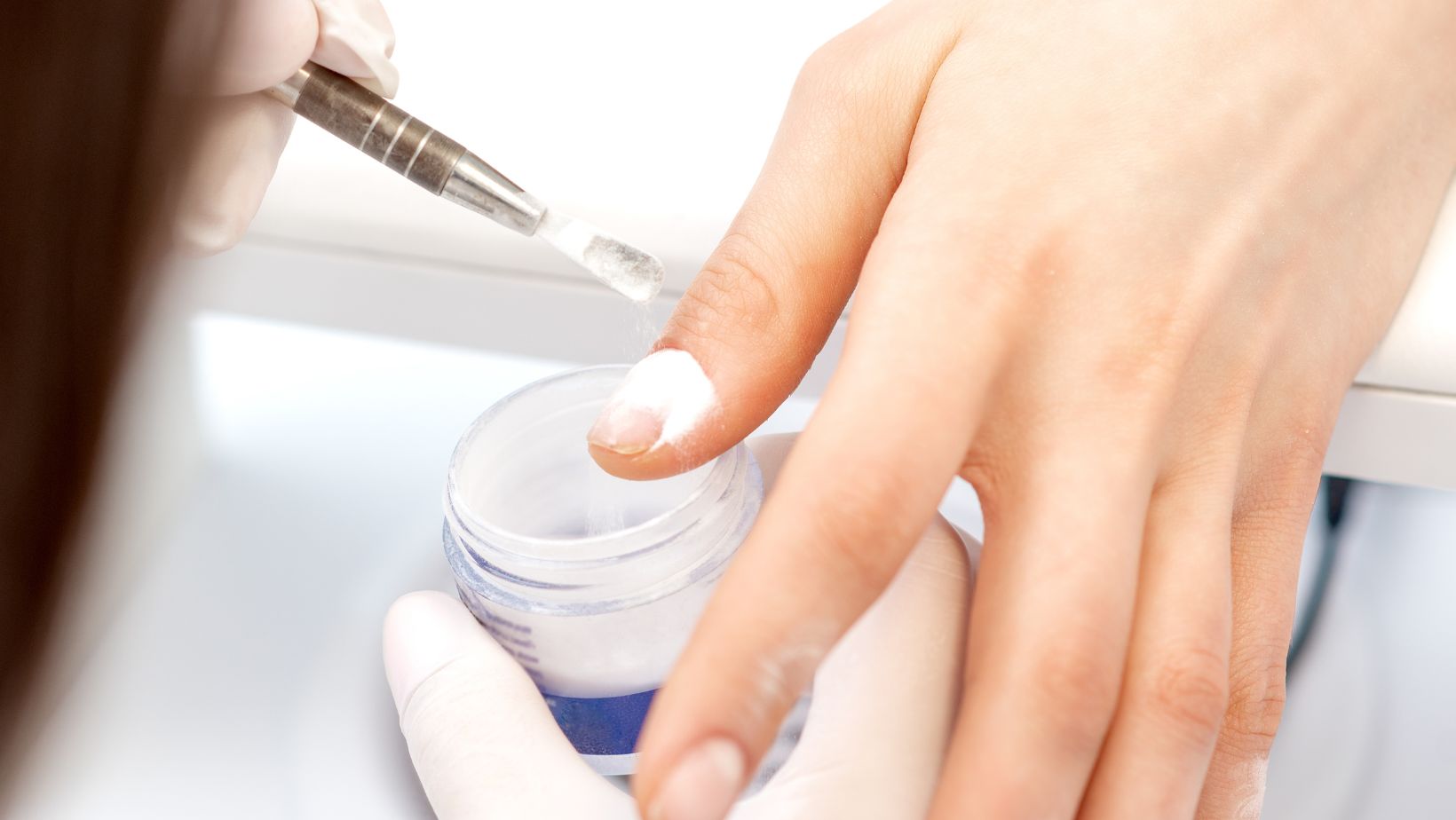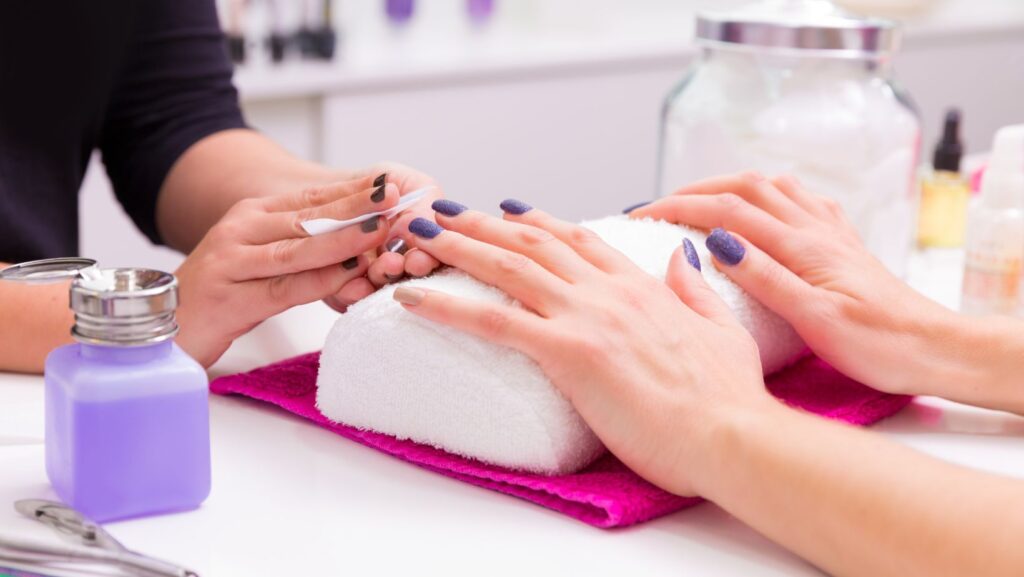When it comes to achieving a professional-looking manicure at home, both acrylic nails and dip powder nail kits are popular choices. Acrylic nails have been a staple in the beauty industry for years, and they are known for their durability and longevity. They involve a mixture of liquid monomer and a powder polymer that creates a hard protective layer over the natural nails. On the other hand, dip powder nail kits have surged in popularity due to their easy application process and the variety of colors available. Unlike acrylics, dip powders don’t require a monomer; instead, nails are dipped into colored powder and sealed with a top coat.
The choice between acrylic and dip powder nails can be influenced by several factors including personal preference, nail health, and the desired finish. Acrylics are ideal for creating nail extensions and detailed artwork, but they can be harsher on the nails and more complicated to remove. Meanwhile, dip powder nails offer a more natural feel and are generally considered easier to apply and remove. This simplicity makes dip powders a go-to for those seeking a durable manicure without the complexity of acrylics.
Key Takeaways
- Acrylic nails require a monomer for application, while dip powders do not.
- Dip powder nails are generally easier to apply at home compared to acrylics.
- Choosing between the two may depend on nail health and desired durability.
Understanding Acrylic and Dip Powder Nails
When considering manicures and enhancing the durability and appearance of your nails, it’s essential to understand the differences between acrylic nails and dip powder nails. Knowing the composition, application method, and the aesthetics each option offers will help you decide the best one for your style and needs.
Composition and Material
Acrylic nails involve a combination of liquid monomer and powder polymer that creates a hard protective layer over your nail beds once dried. The resulting product is both strong and moldable. On the other hand, dip powder nails use a colored powder that adheres to a base coat applied on the nail. It’s sealed with a top coat for longevity and does not require the same type of monomer.
Application Process and Techniques
The application process for acrylic nails requires precision, where the monomer and polymer are mixed and shaped onto the natural nail and tip extension before drying. Salons often use this technique to achieve a variety of nail lengths and shapes. Dip powder involves applying a sealant, then dipping the nail into the powder, repeating the process to achieve the desired opacity and sealed with a top coat.

Dip powder is praised for being a simpler application process that many achieve in the comfort of their home.
Designs and Aesthetics
Acrylic nails are known for their flexibility in design and are often used by celebrity nail artists to create intricate nail art, including applications of glitter and embellishments that are showcased on platforms like Instagram. In contrast, dip powder kits offer a range of color options and can be used to achieve a more natural or bold look, depending on personal preferences, and involve less intricate designs compared to the sculpting potential of acrylics.
Health and Safety Considerations
When considering manicure options like dip powder nails and acrylic nails, your nail health is paramount. Understanding the risks and benefits can guide you to choose a safer and more durable option.
Potential for Damage and Infection
Dip Powder Nails: One potential advantage of dip powder nails is that they are generally less harsh on your natural nails compared to traditional acrylics. This is because the application process does not typically involve heavy filing of the natural nail. However, if the dip powder process is not performed correctly, there can be a risk of infection. Sanitation is crucial, especially if the powder is shared between clients at a salon, as it can lead to fungal infections.
- Proper Removal: Dip powder nails need to be soaked off with acetone, and improper removal can lead to damage.
- Cuticle Care: Ensure cuticles are not cut too aggressively to reduce infection risks.
Acrylic Nails: In terms of acrylic nails, improper application or removal can be quite damaging to the natural nails. Acrylics require a mixture of powder and liquid monomer, which can be harsh and often requires significant filing down of the natural nail. This increases the potential for damage and infections if your nail tech does not apply best practices or if aftercare instructions are not followed.
- Ventilation: Adequate ventilation is important in a salon to prevent inhaling harsh chemicals.
- Allergy Test: It is advisable to perform an allergy test for the substances used in acrylics to prevent adverse reactions.
Pros and Cons: Longevity and Upkeep
Dip Powder Nails: A major upside to dip powder nails is their longevity; they can last longer than gel polish, typically up to a month, with proper care. This reduces the frequency of salon visits for upkeep, which might indirectly lower your exposure to potential infections.

- Durability: Dip powder is known for its durability without the need for UV light to cure.
- Aftercare: Regular aftercare can help maintain the integrity of the dip powder and prevent lifting, which can harbor infections.
Acrylic Nails: While acrylic nails also exhibit high durability and can similarly last a long time, the upkeep process usually involves more frequent salon visits for fills. This again increases exposure not just to potential pathogens but also to the harsh chemicals used during fills and repairs.
- Regular Fills: You’ll need fills every 2-3 weeks to maintain acrylic nails, potentially exposing your natural nails to damage from filing.
- Harsh Chemicals: Repeated exposure to the chemicals in acrylic nails might lead to allergic reactions or other health concerns.
Careful consideration of these health and safety factors can ensure that you make an informed decision about your manicure option that aligns with your lifestyle and values for nail care.
Conclusion
Both acrylic and dip powder nails offer durability and longevity, but your choice depends on personal preference and lifestyle needs. If you require a robust extension and intricate design capabilities, consider acrylic nails. For an easier application and a more natural feel, dip powder might suit you better. Take into account the maintenance and care each option requires to ensure the health of your natural nails. Select the technique that aligns best with your aesthetic desires and day-to-day activities.


